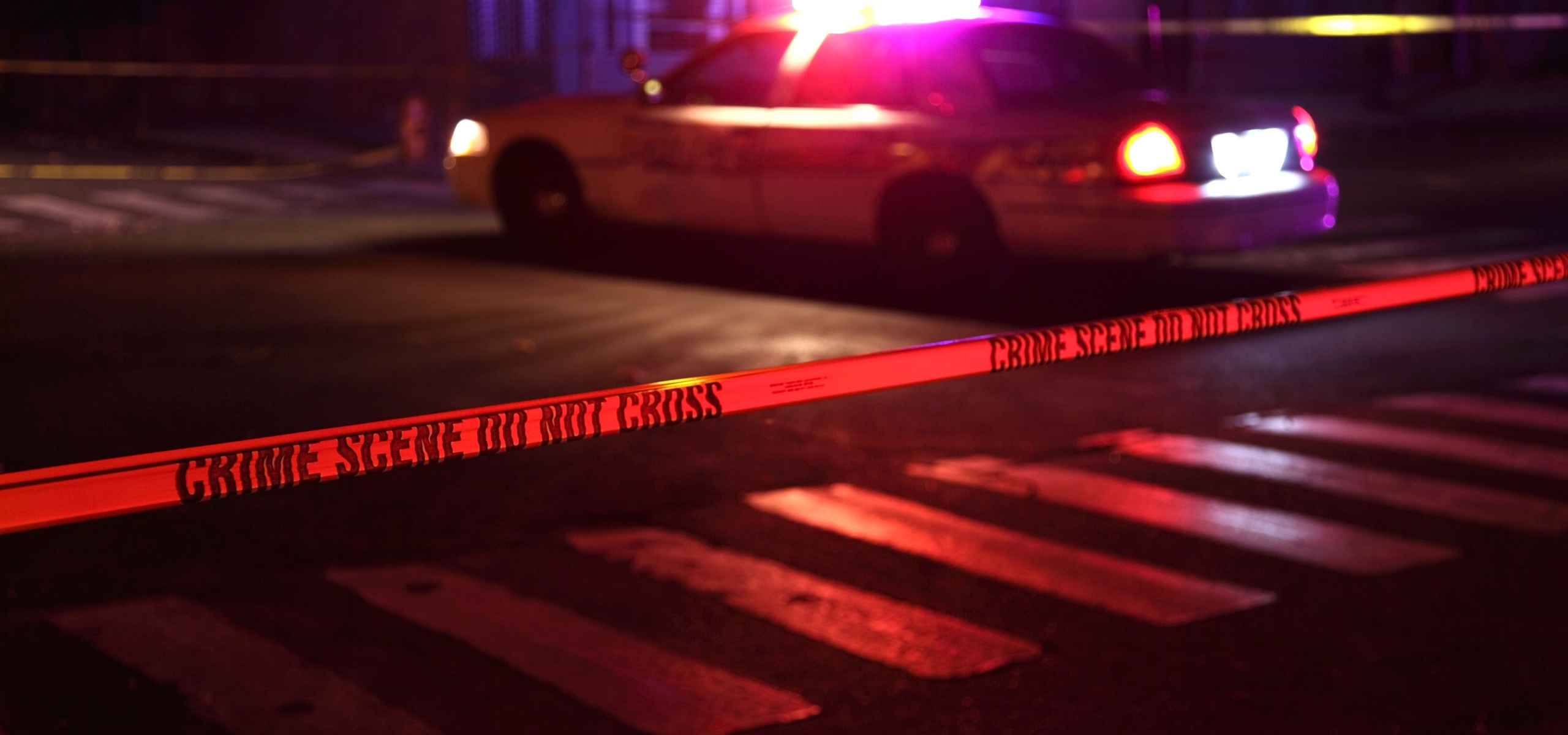As an inevitable fact of life, death is a mysterious specter looming over us as we move through the world. It consumes our literature, religions, and social dialogues — the death of a prominent figure can change policies and perceptions about our approaches to many problems. Given death’s significance, it is reasonable to try to understand causes of death generally, as well as on a case-by-case basis. While scholars and mourners attempt to answer the philosophical questions about death, the practical and technical questions are typically answered by death investigators. Death investigators attempt to decipher the circumstances surrounding suspicious and unexplained deaths to provide solace to family members and information to law enforcement services to help them determine whether further investigative steps are necessary. But while the answers provided by death investigators may provide some direction, in many ways the death investigation system actually inhibits the pursuit of justice.
The current death investigation system creates conflicts of interest between death investigators and prosecutors. Death investigators and prosecutors are often organized under the same governmental structure or even within the same offices. This close association between the two systems results in patterns of relationships that disadvantage defense teams and prevent equal access to death investigation resources. Professor Ira Robbins in this article explores the ways in which the death investigation system is constrained by prosecutorial discretion and the institutional proximity of the two offices. He also examines how this relationship constitutes a failure of the justice system in the form of both overt and discreet conflicts of interest between death investigators and prosecutors. The effects of these conflicts can be remedied, however. The Article thus provides recommendations to enhance the accuracy and integrity of the death investigation process.
Ira P. Robbins February 21, 2019
